


|
|
|
INTRODUCTION Motor Sport is one of the most popular and successful sports in Britain. There are around 720 registered motor clubs (with a total membership of over 200,000), that annually organise over 4,500 events for 120,000 competitors in 22 different disciplines. Open to all, with some competitors as young as 6, and there are opportunities for disabled drivers too. As for cars, many forms of motor sport can be tackled with completely standard cars, while others allow only very limited modifications. There are events for old cars, brand new cars, and for cars using unleaded petrol. Actually, you do not even need a car of your own to compete. Several types of motor sport require each car to carry a passenger, often as an active participant. If you prefer not to compete at all, there are plenty of opportunities to marshal, or help on the organising team in various roles including scrutineering or time-keeping, or with the safety and recovery crews, or perhaps simply to spectate. Motor sport is also one of Britains major export earners, with a total turnover of around 2.9 billion GBP, generating over 750 million GBP in foreign earnings. Motor sport employs around 38,000 people in the UK alone, plus part-time work for a further 100,000. |
|
GET STARTED
For virtually every form of motor sport you intend to pursue, your first step will be to join a motor club which is recognised by the British governing body, Motorsport UK. Most clubs will have a social media presence or a website, which will give an idea as to the disciplines they favour. An up-to-date list of ANWCC member clubs, which cover a huge area, can be found from the Member Clubs link on our website. Do not under estimate the importance of your club, its members can call upon a wealth of experience and will provide help and encouragement in your early days of competition. Remember also to enjoy the social side of membership, most clubs excel in this respect! Club members who are already experienced competitors and organisers are the best for providing information, and will be pleased to give you advice and guidance. Beware of advice on social media as the one question can result in several different, and often incorrect, answers! Go to events that interest you. Our calendar lists forthcoming events, often with additional information such as location. See what cars competitors are using. Ask questions, you will find that most competitors and officials are very willing to share information. |
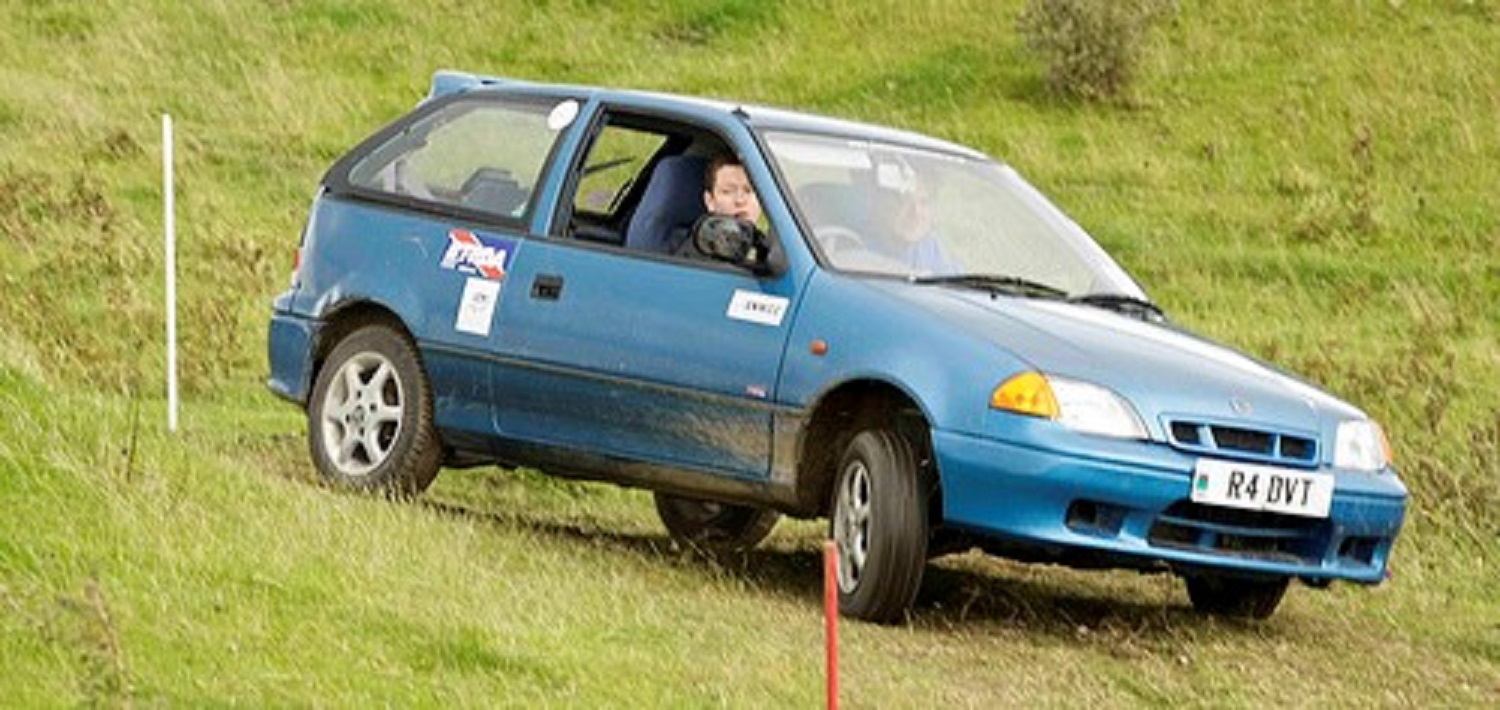
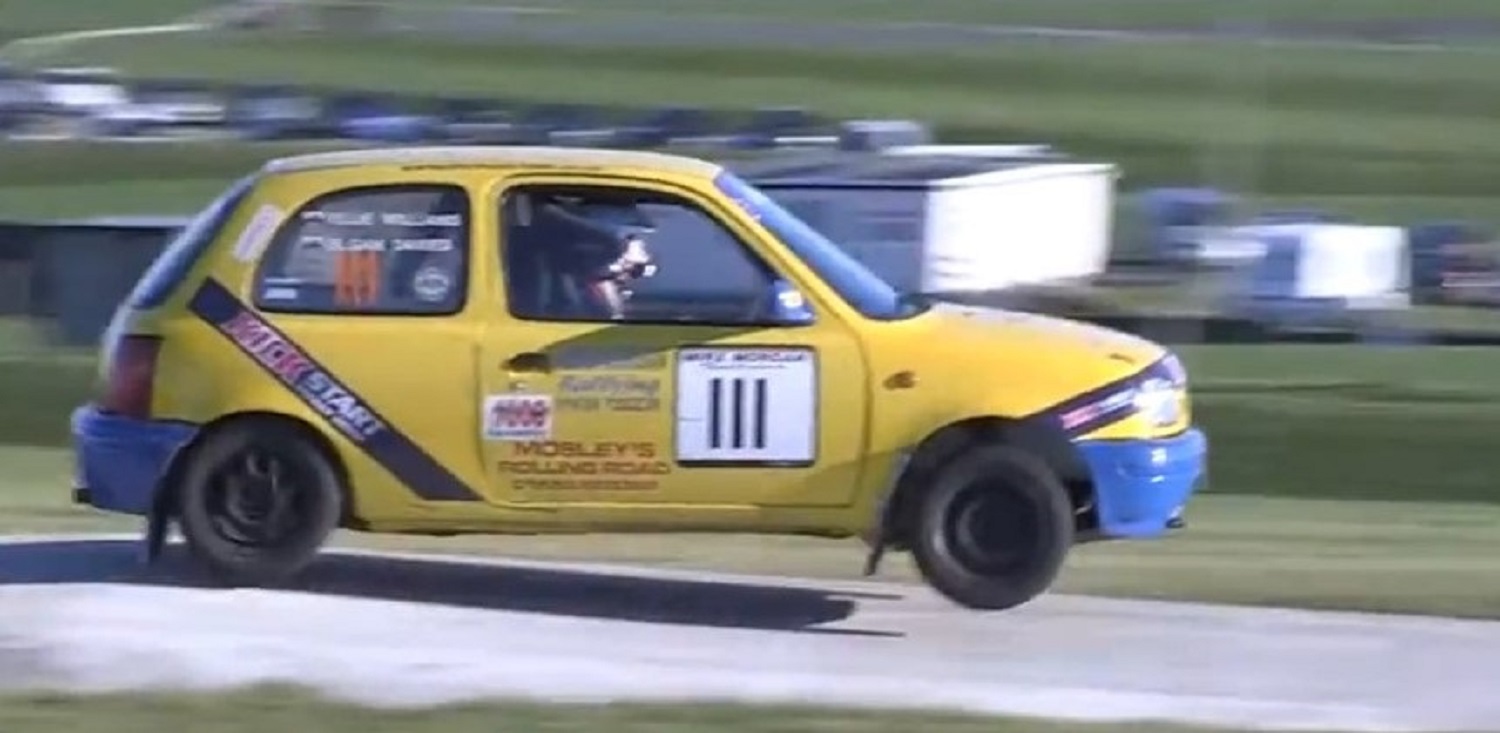
|
YOUNG DRIVERS
For most forms of motor sport, you must be 17 years old and hold a Road Traffic driving licence. However, you can start kart racing at the age of 6, navigating on road rallies at 12, driving in trials at 14, autotests at 16, production car autotests and autosolos at 14 and car racing (after at least one year in karts) at 16. Young drivers can also start stage rally driving with the Formula 1000 Rally Club, after successfully completing some Production Car Autotests. F1000 Juniors contest their own championship, using cars of up to 1000cc. For full info, contact the F1000 Rally Club. |
|
DISABLED DRIVERS
Many people with disabilities can still compete or assist on an event. Before issuing a competition licence each application is individually assessed by Motorsport UK, but it is generally easier to obtain a licence for a discipline which involves cars competing singly and at lower speeds. For advice before you get started, check out the British Motor Sports Association for the Disabled website. | |
|
GOVERNMENT
Motorsport UK is recognised as the governing body of motor sport in Great Britain by the world governing body, the Paris-based Federation Internationale de le Automobile (FIA). As the governing body, Motorsport UK is responsible for the administration and control of the motor sport rules. Contact Motorsport UK at Motorsport House, Bicester, OX27 8FY. | |
|
LICENCES
Competitors in over 70% of UK motor sport events can compete with just a Motorsport UK RS Clubman licence which is currently free of charge, plus a club membership card. Events that can be tackled on the Clubman licence include certain rallies, autotests, trials and some cross-country events. For many higher speed events, however, higher grade licences are mandatory, the lowest category starting with the RS Interclub licence. The Motorsport UK website contains the motor sport regulations, from the Motorsport UK website. go to the Resource Centre and then the National Competiton Regulations, the NCRs (new for 2025). There are also periodical Motorsport UK News ("Revolution") bulletins, with news and details of forthcoming changes to those regulations. |
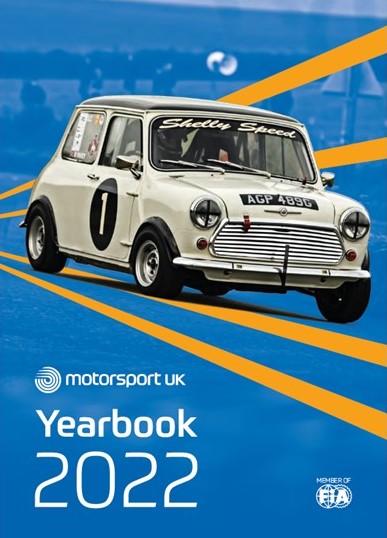
|
|
MOTORSPORT DISCIPLINES
Below is a quick run down of the motorsport disciplines in our area and for which we run our own popular championships. | |
|
Autotest
This is one of the cheapest of the motor sport disciplines, where you can use a perfectly standard road car, but where driving ability is vital. Cars compete one at a time, against the clock. The driver must negotiate a set route between, through and around various obstacles, usually plastic pylons or cones. Usually, some parts of the route must be tackled in reverse. The surface is normally smooth, often Tarmac. The entry is divided into classes, according to the length of the car, engine size and technical specifications (front-wheel-drive or rear-wheel-drive, for example). There are different forms of Autotests The traditional Autotest has now been supplemented by highly popular Production Car Autotests (PCAs) and Autosolos. Often two or three of these disciplines are run at the same venue on the same day. The latter two are aimed at standard cars, whilst Autotests do cater more for modified cars and specials. There is some variation in the tests, for example there is no reversing required on Autosolos, which are always on a sealed surface. Autotests are driven solo, some Autosolos may allow a passenger, whilst PCAs always require a passenger. For an insight into the various autotesting disciplines have a look at Steve Johnson explains Autotests CSMA Autosolo at Blackburn Production Car Autotest Jesse McClure (Storage Hunters) looks at Autotesting |
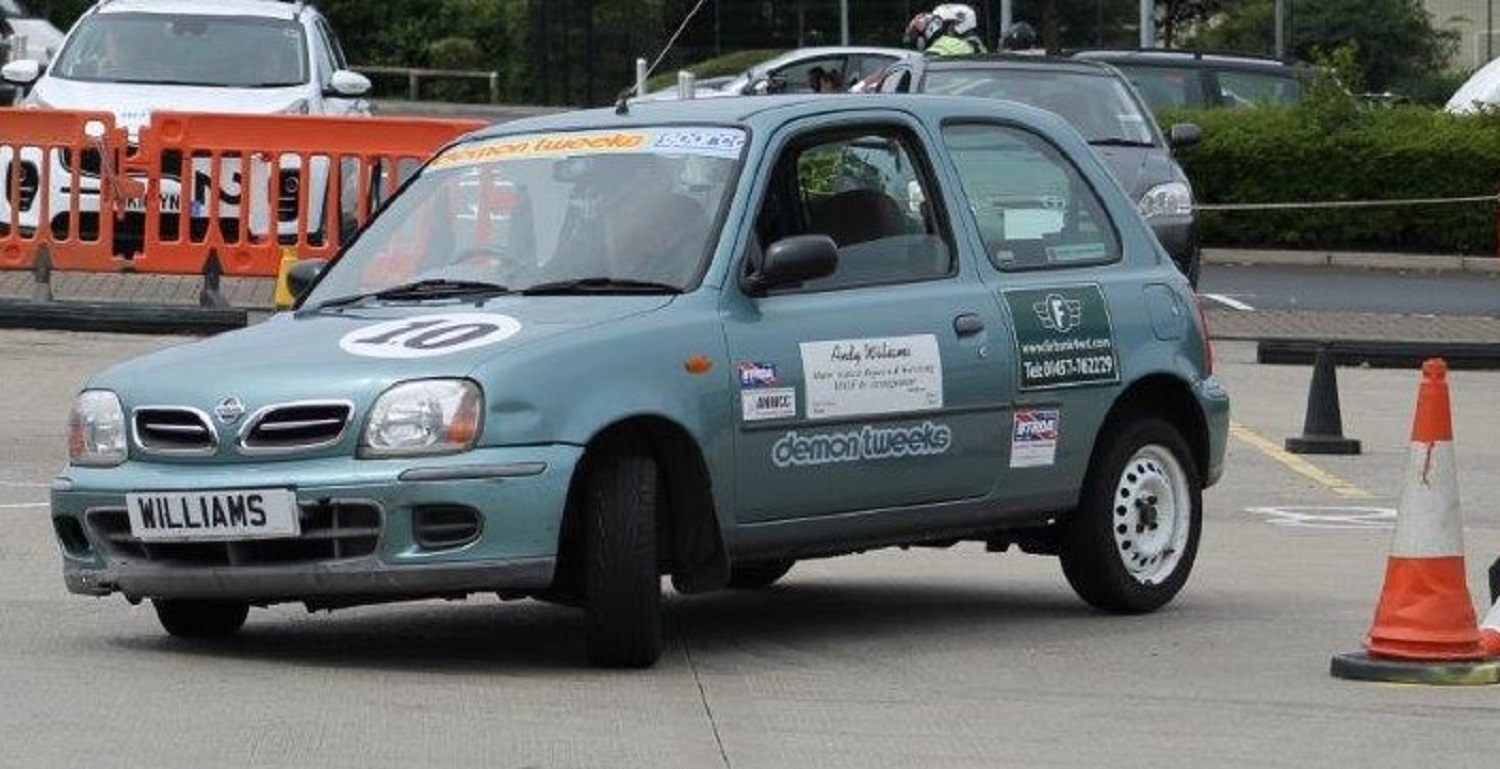
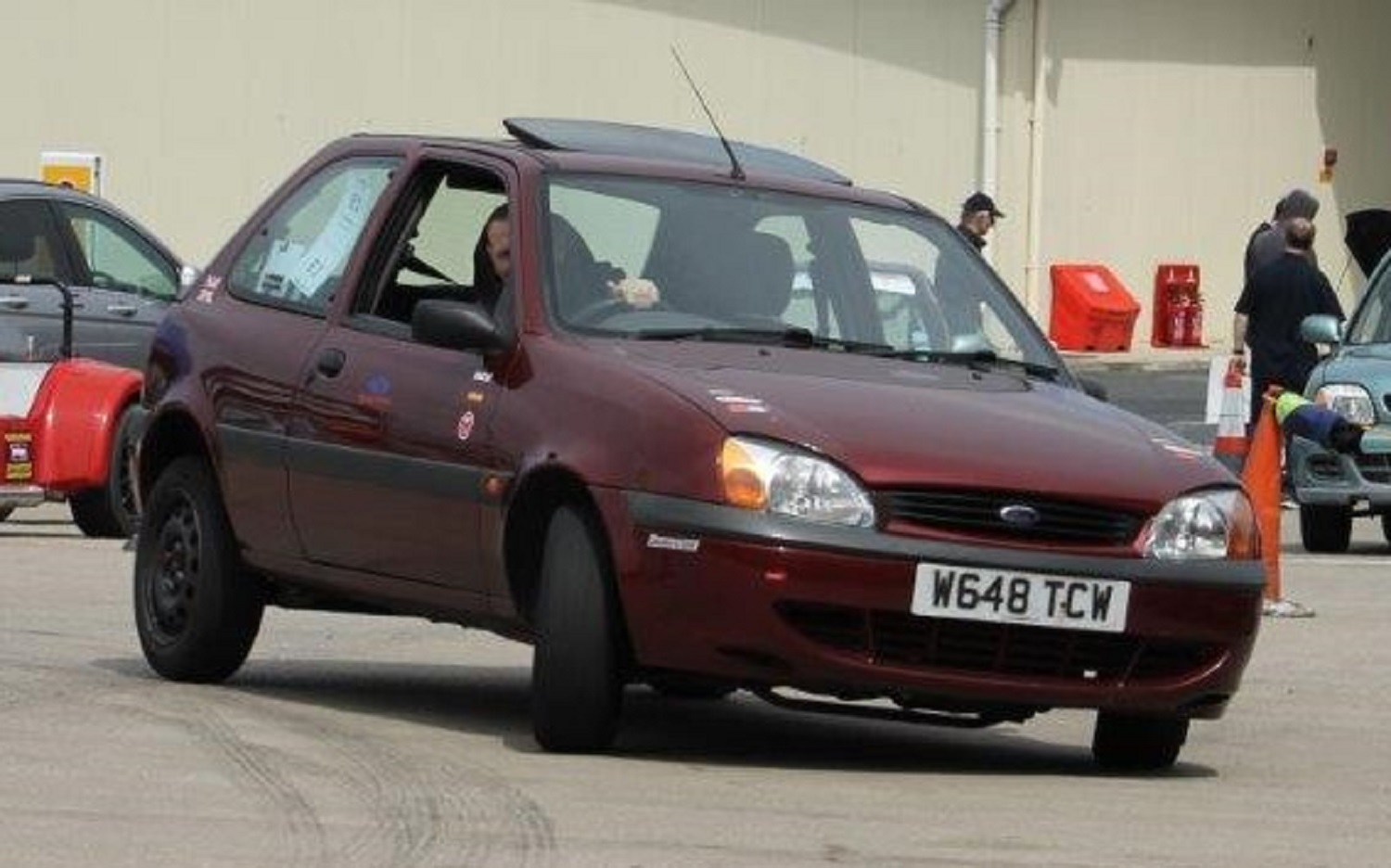
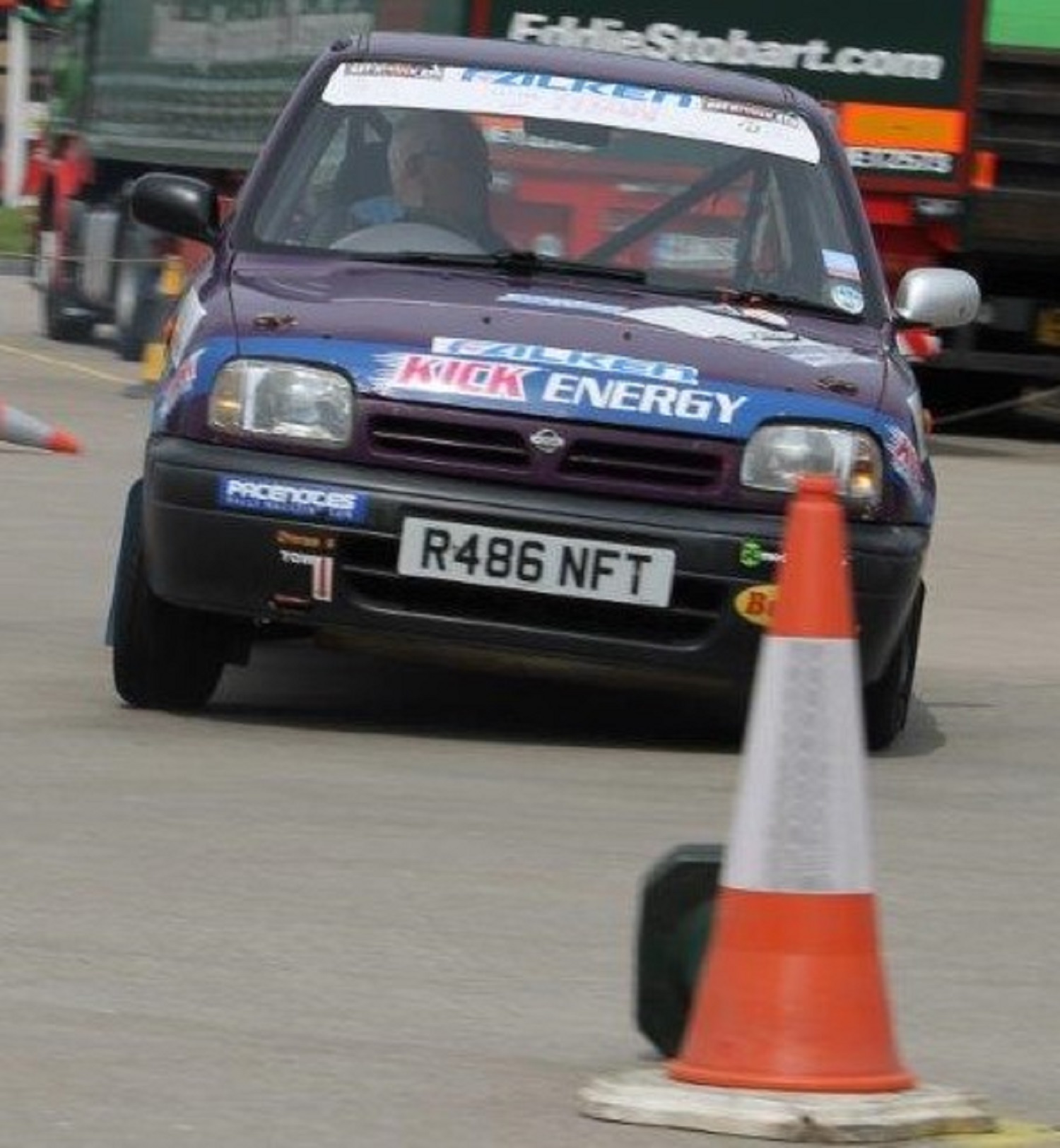
|
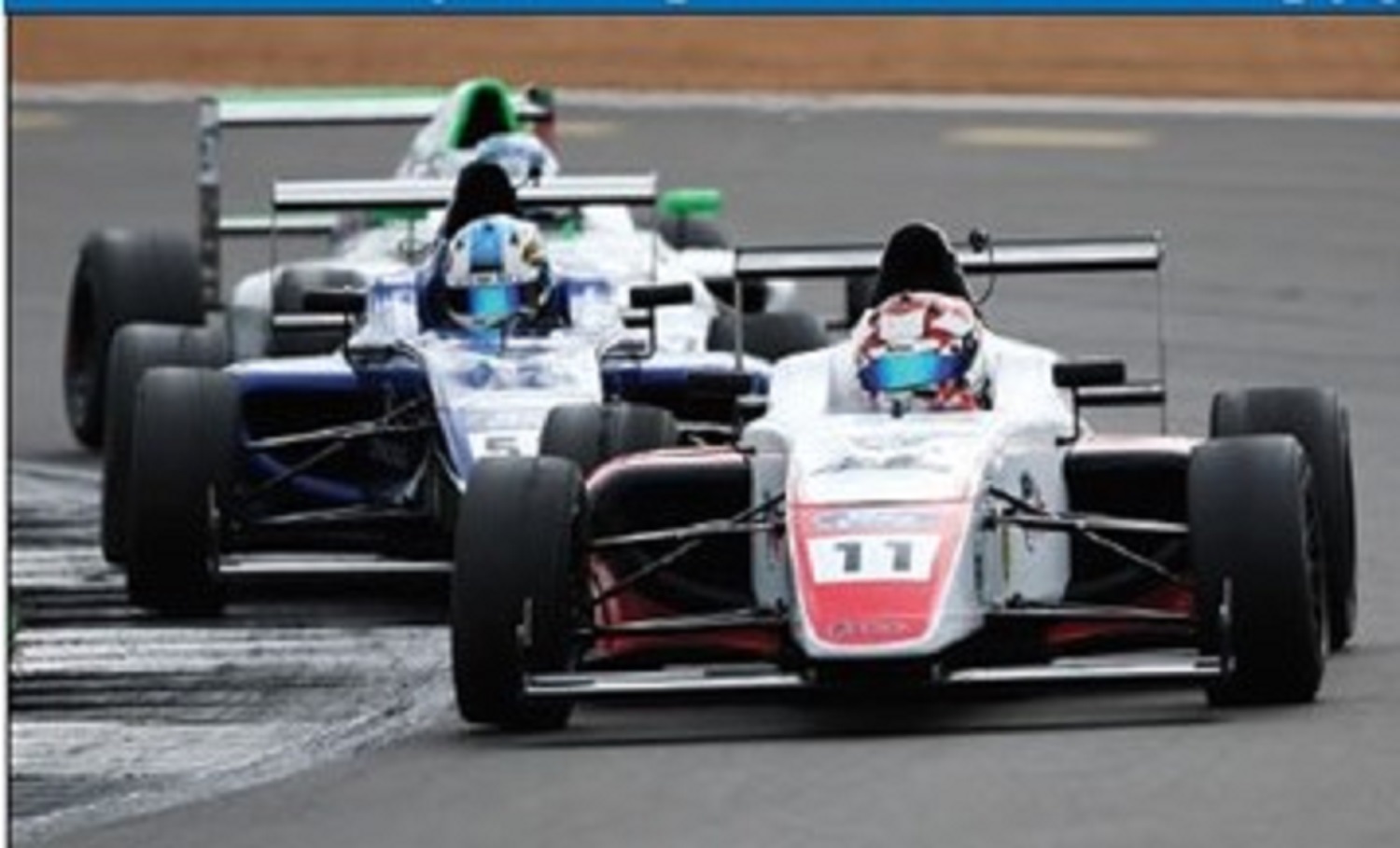
|
Car Racing
Everyone has heard of Formula 1, which is the top level of car racing, but there are many events that cater for all types of cars, from road-going saloons to expensive single seaters, offering keenly-contested championships, many for a single make or model of car. Generally, specialist car clubs organise race meetings at licenced race circuits. We have clubs within ANWCC that specialise in car racing. |
|
Hillclimb & Sprint
Two similar branches of motor sport which take place on a smooth sealed-surface over a measured distance against the clock. Cars start separately, although there be may up to three cars on the course at any one time. A wide variety of cars compete, from sophisticated single-seaters to standard production saloons, divided into class by types and engine capacity. Venues range from disused airfields to permanent racing circuits, and from picturesque private estates to seaside promenades. Both disciplines are very similar, the main difference being that sprints are generally held on level ground whilst hillclimbs are up a gradient of up to a mile in length. |
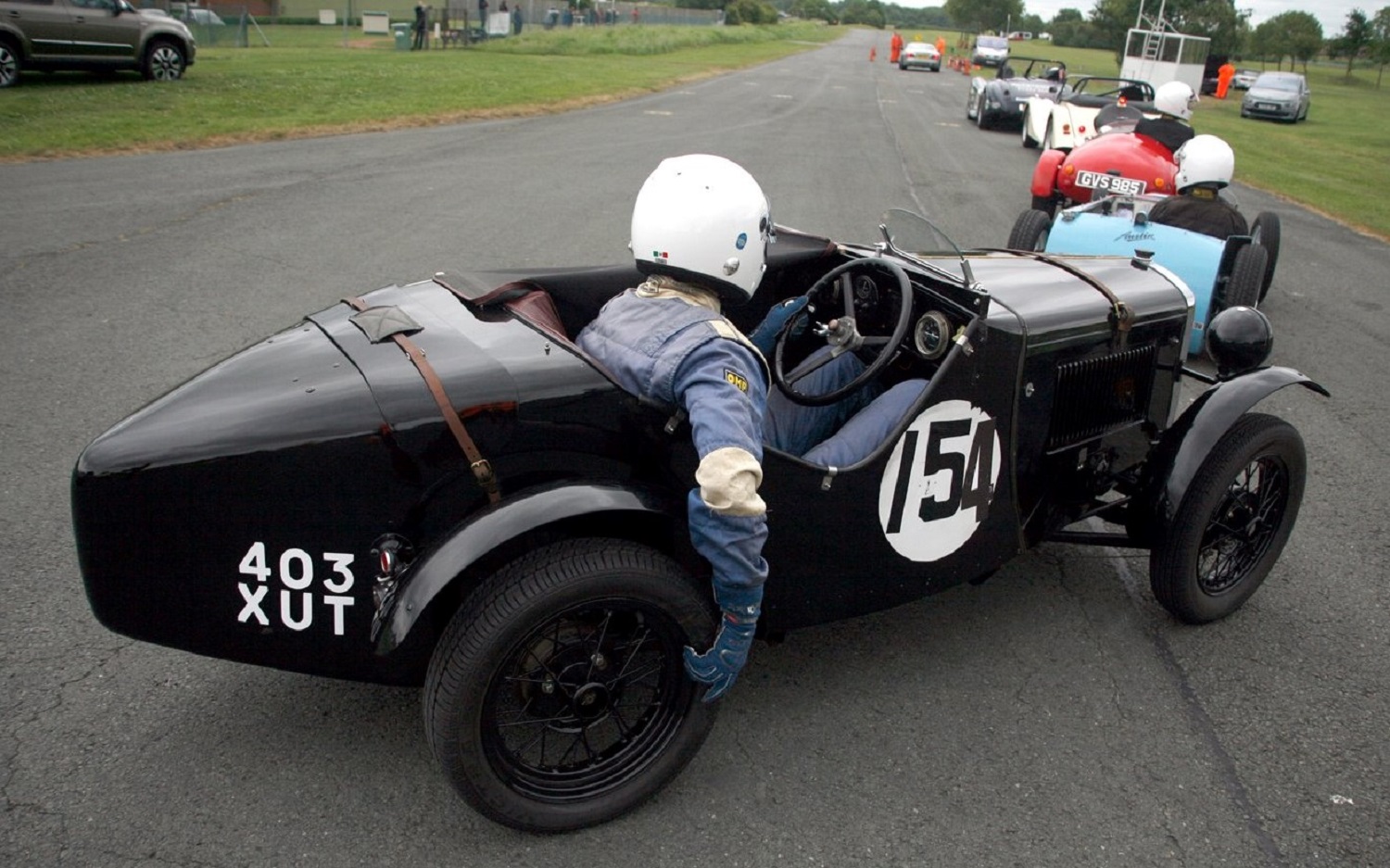
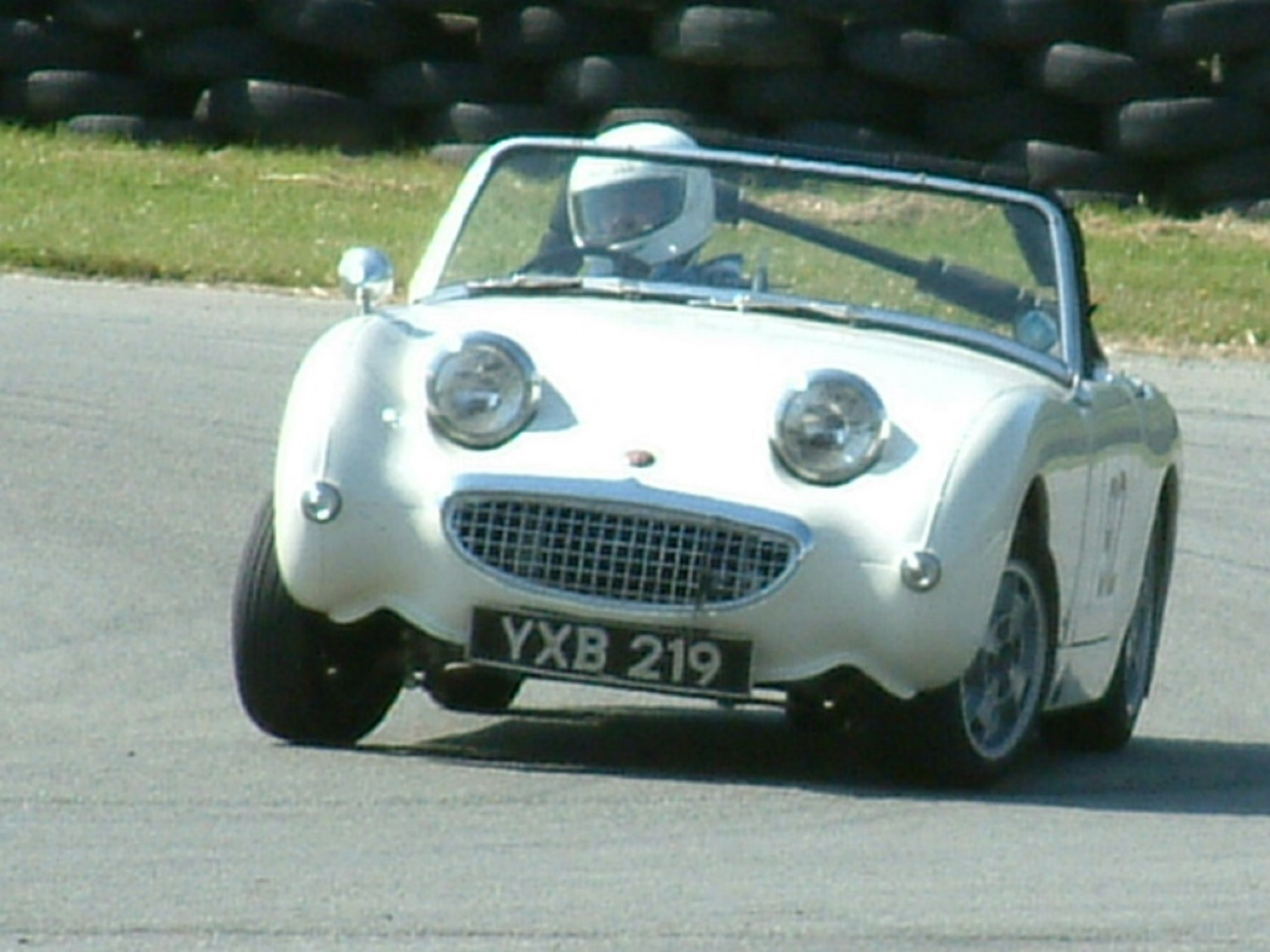
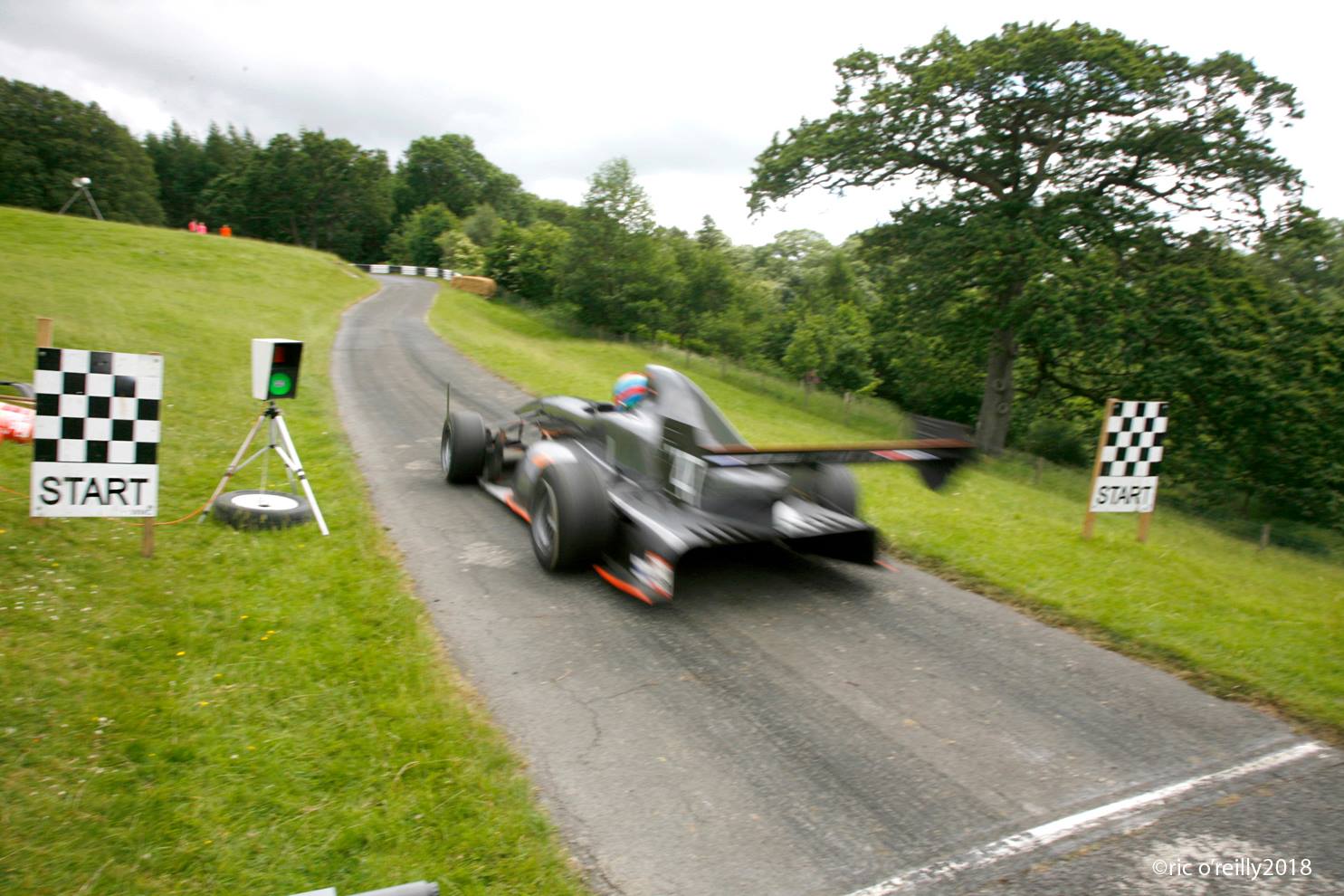
|
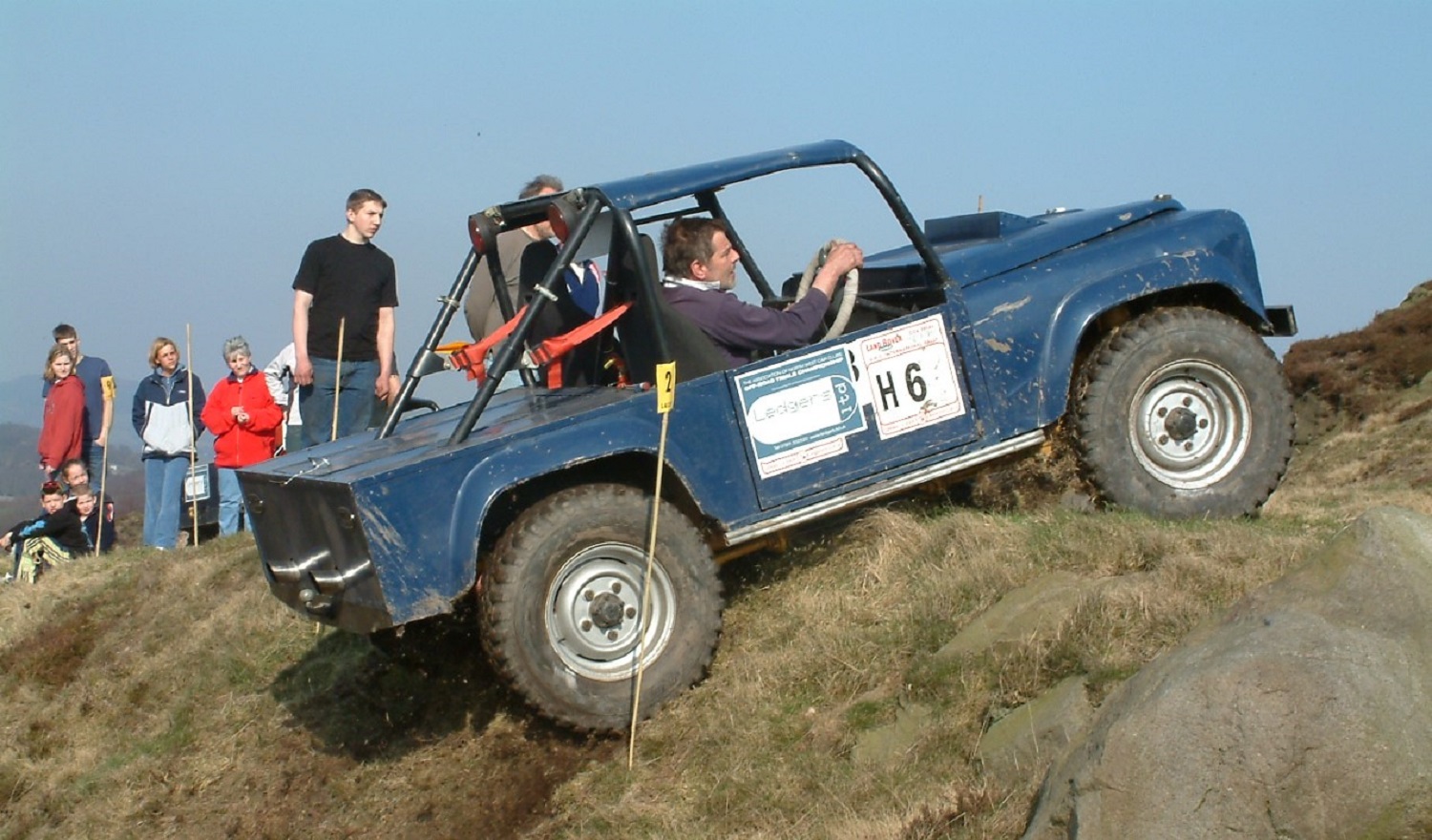
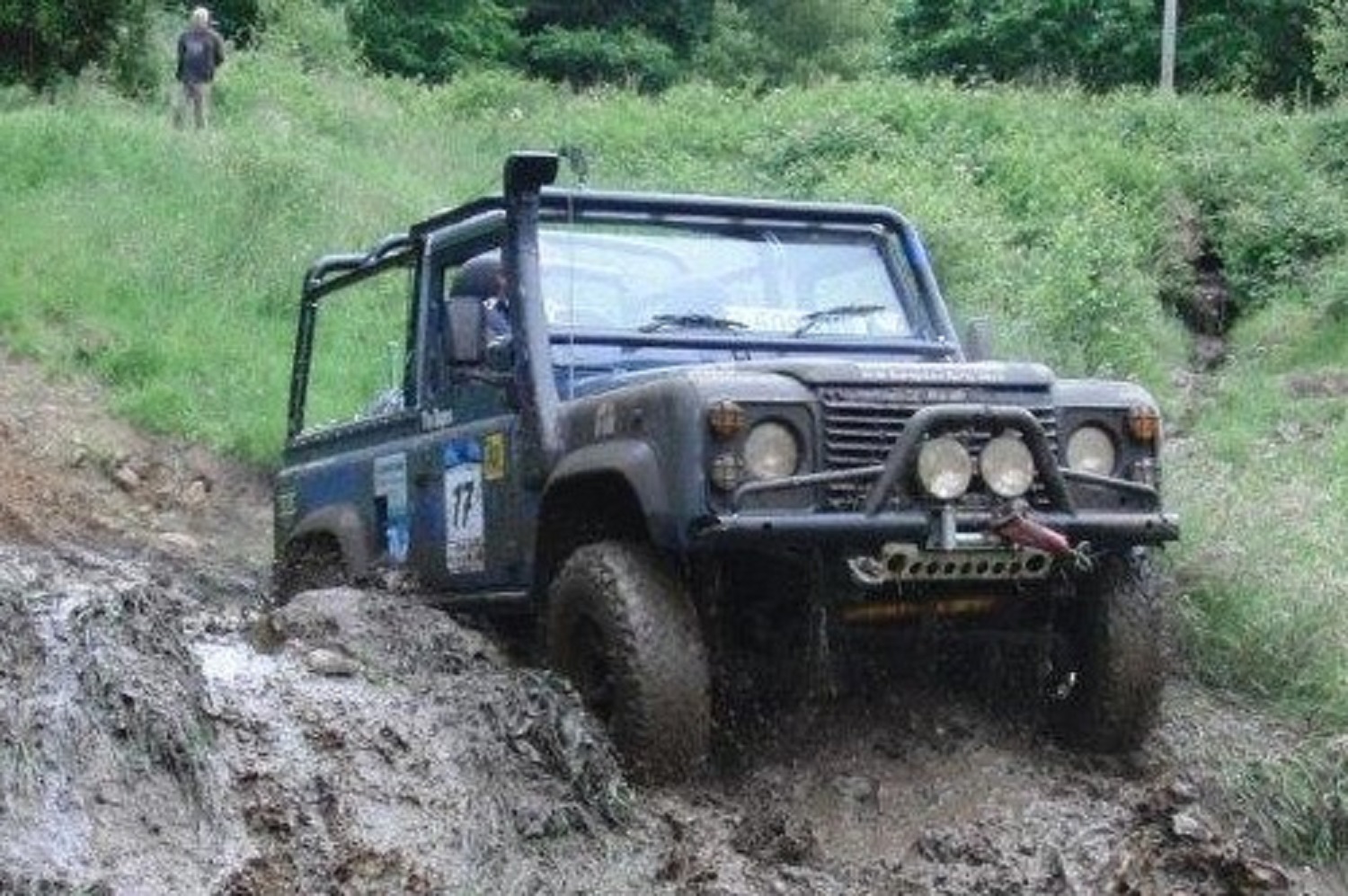

|
Off-Road This category includes a variety of events, including trials, competitive safaris and team recovery competitions, all of which take place over different terrain and call for specialist vehicles, normally 4-wheel-drive. While each event has its own rules, all are based on the ability of the specialist vehicle to encounter and overcome various obstacles. Some events are timed, calling for driving skill and vehicle preparation similar to those found in special stage rallies. Within ANWCC there are several 4x4 clubs. |
|
Rallying
Probably the most popular discipline within our Association, but there are various types of rallies. Some can be tackled in standard road cars, others do require some modifications, notably safety features such as roll cages, full harnesses and rally seats. Rallying does involve two people in the car, a driver and a navigator/co-driver, working together as a team. Cars normally start a section at one minute intervals, competing against the clock rather than against each other, although competition within classes is often fierce! Road Rallying are held on the public highway and can be tackled in standard road cars with no or little modification, although usually spotlamps and sumpguards are added. Crews are given a set of instructions to be plotted on a map, the navigator then guides the driver around the route, whilst trying to maintain a set time schedule. Road rallies can vary from an event for just 12 cars, ideal for learning, to a full championship event with 90 crews. All road rallies take place during darkness when the roads are quieter. Targa Road Rallying is another discipline that can be tackled in a relatively standard road car. The format is for special tests on private land, perhaps along with an element of road rallying on the public highway. Penalties can be accrued for hitting markers as well as penalties for being too early or too late. Targa events generally take place during daylight. Many Targa rallies are Clubman status so can be tackled using the Motorsport UK RS Clubman licence. Multi-Use (Single-Venue) Stage Rallies are, as the name suggests, rallies held at a single venue, usually private land such as disused airfields but also, increasingly these days, on race circuits using the circuit roads in both directions (not at the same time!). Cars start at 30-second or one minute intervals and the co-driver has to guide the driver around, the stages usually featuring route splits. The stages are usually not confined to the race circuit, often using the perimeter roads as well. Cars do need to be prepared to stage rally specification which includes roll cages, fire extinguishers and the crew require fireproof overalls and helmets. The rallies are Interclub status so a Motorsport UK Competition Licence is required. Drivers also require the Stage Rally licences which requires attendance at a BARS Rally School. Stage Rallies are similar to single-venue stage rallies but using more than one venue with road sections in between. Increasingly nowadays, stage rallies can feature public roads closed for the event, so the competitive sections are on the public highway. Forest Stage Rallies are, agan, similar to Stage Rallies except the stages are all on forest roads, closed for the purpose of allowing competition. Historic Rallying is for older cars, usually from the classic era of motor sport (1950-1980) but sometimes older. Historic Road rallies take a similar format to modern road rallying and targa rallies, regularity sections on the public highway and special tests similar to autotests on private land. Cars are divided into classes based on age and crew experience. Historic Stage Rallies are the same as modern stage rallies but the classes are for the older cars. |



|
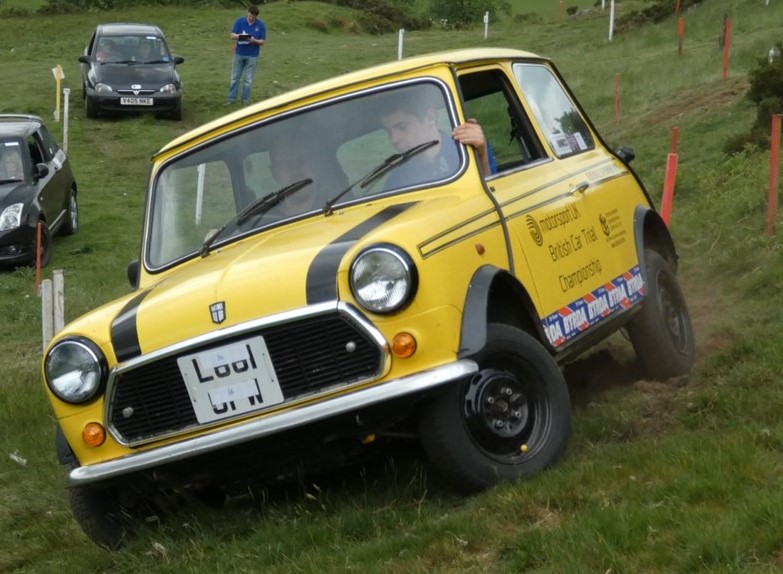
|
Trials
This is the oldest form of motor sport and gave rise to hillclimbs, sprints, rallies and autotests. The competitive element in a trial is the ability to climb sections of varying difficulty and gradient, usually on a grass field. Each trial comprises a number of observed sections on varying gradients, marked out by numbered posts, and the competitor is required to drive as far through the section as possible, the greater distance travelled the fewer penalties incurred. There is generally no timing although some events may feature a timed section. Cars are divided into classes by age and engine configuration. |
|
Marshalling
Without marshals, there would be no motor sport. Every event requires marshals, and for those who wish to become involved in motor sport but do not wish to compete there can be no better introduction than to volunteer as a marshal or an event official. To organise any event requires a small army of volunteers, often many more than the number of competitors. These volunteers carry out a wide range of duties, from generally overseeing the activity, to spectator control, timing crews, safety radio crews, all of which contribute to the overall efficiency and success of the event. Your presence will be welcomed and appreciated, as a marshal you will join a dedicated band of enthusiasts who enjoy their motor sport. Motorsport UK and many clubs organise several training days each year. For marshalling on rallies a free Motorsport UK Marshals licence is required and newcomers will be allocated duties alongside an experienced official. For more information have a look at the British Motorsport Marshals Club website. If you do marshal an event do not forget to claim your points in the ANWCC Marshals Championship with cash prizes to be won each month! |
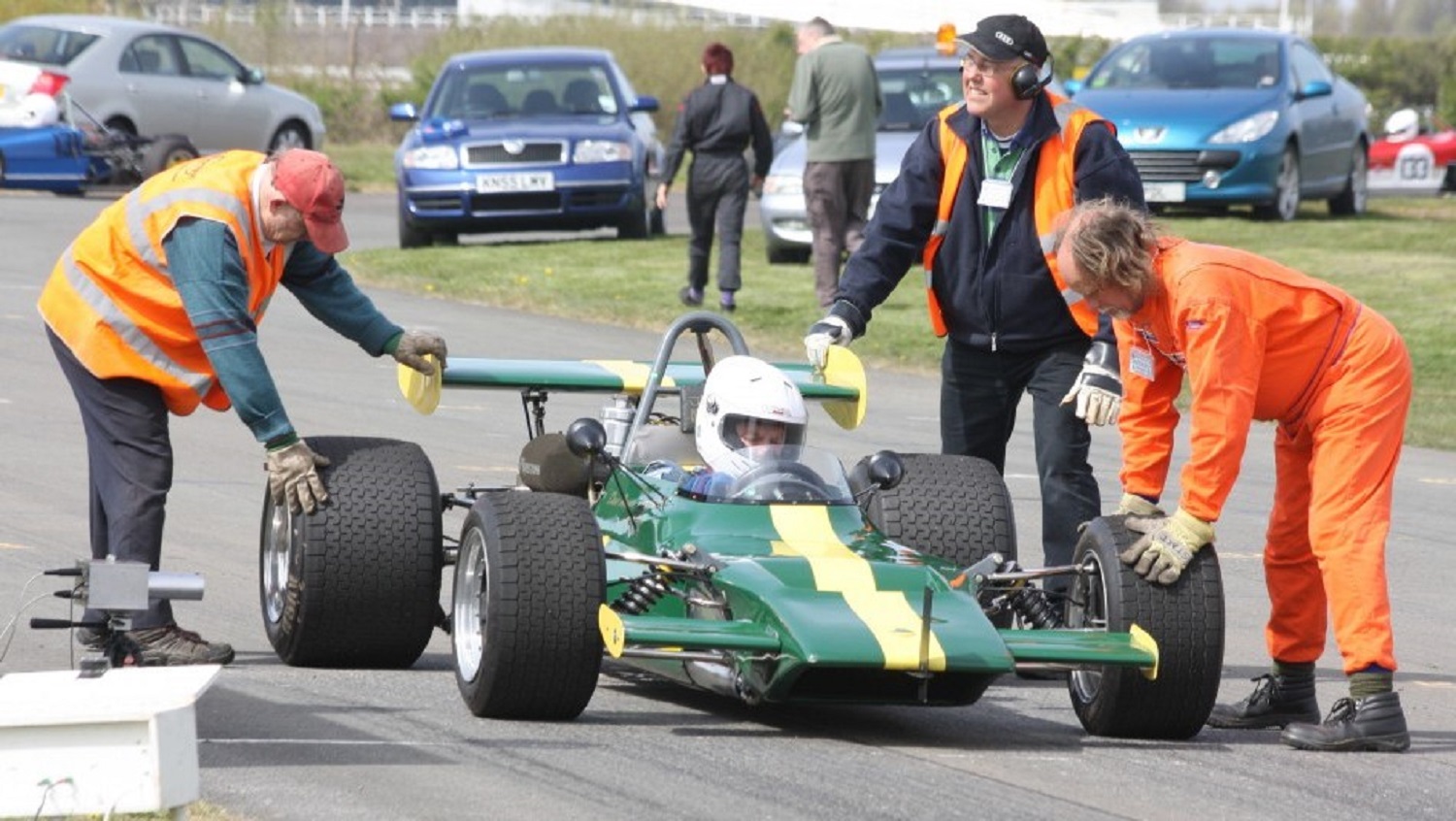
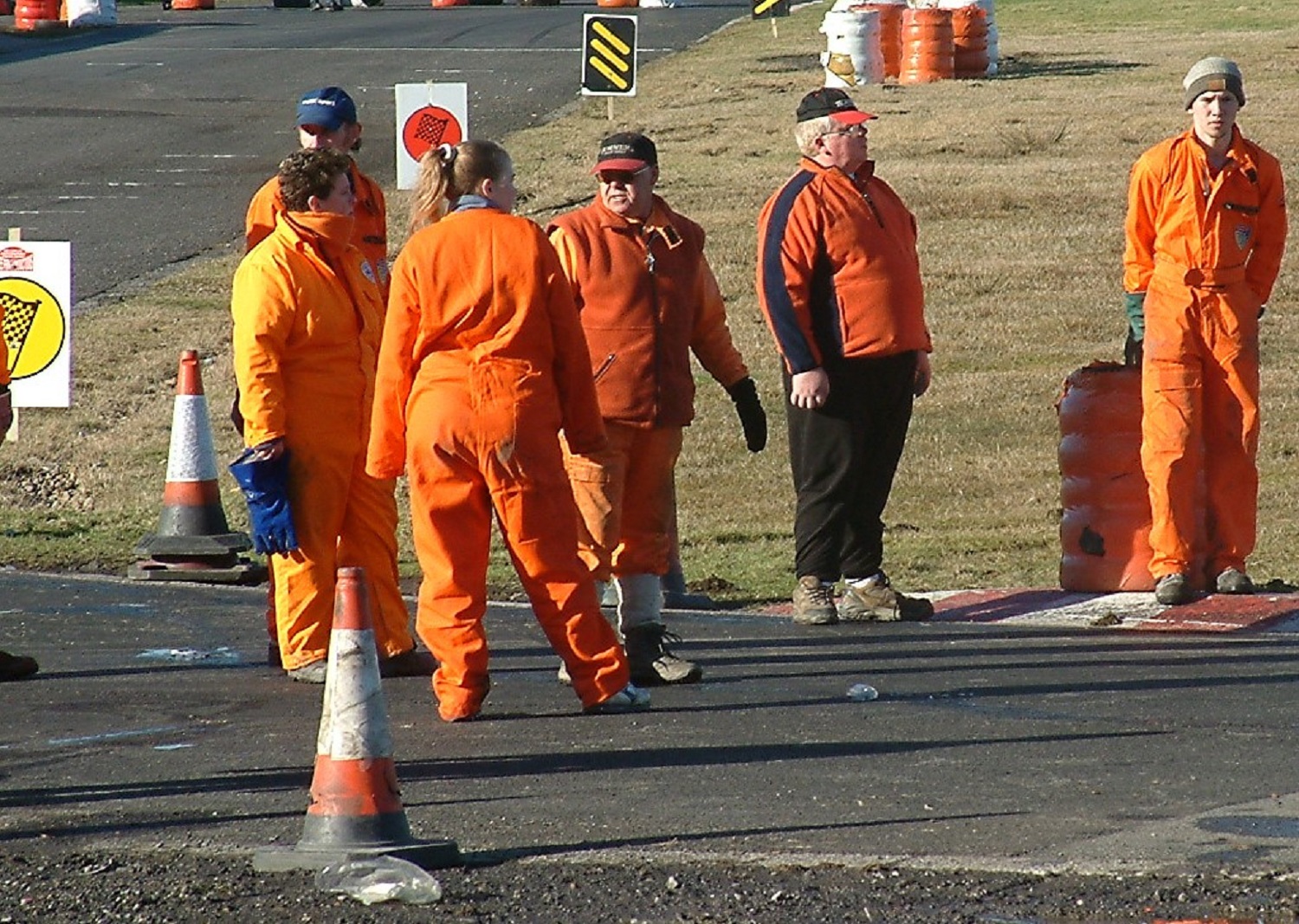
|
|
Other disciplines
Although not covered within our Association there are a number of other forms of motorsport Autocross, where cars race against the clock around a circuit, usually on grass. Drag Racing, from a standing start racing against the clock on a quarter mile straight. Kart Racing with drivers from age 6 (Bambino class), on special kart circuits and the discipline in which Formula 1 World Champions Nigel Mansell, Alain Prost, Ayrton Senna and Lewis Hamilton all started. Rallycross features races of between six and ten cars over several laps over a mixed surface circuit. Track Days are non-competitive events where you can drive your road or competiton car around a race track - in our area events are held at Aintree and Trac Mon (Anglesey Circuit). | |
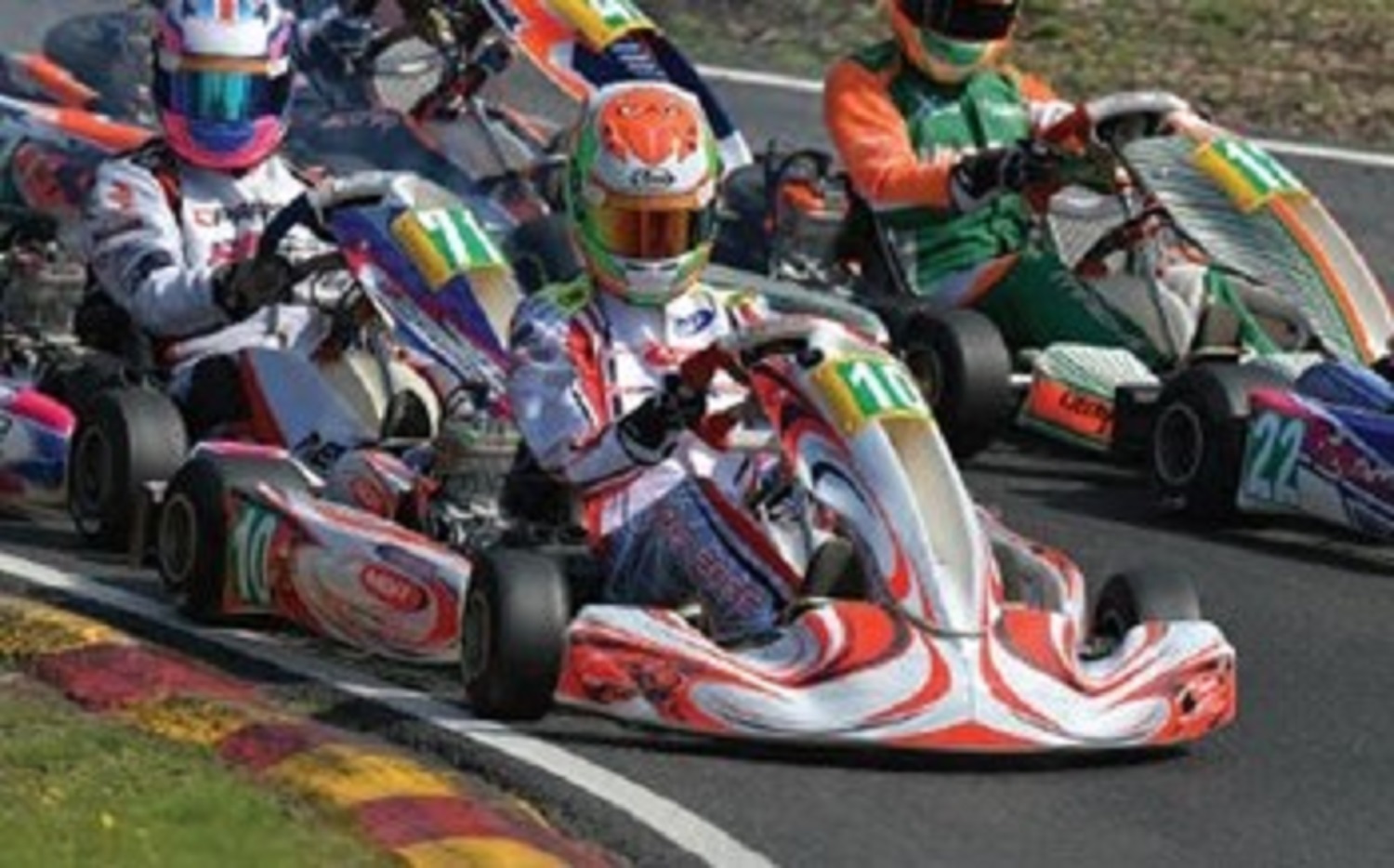 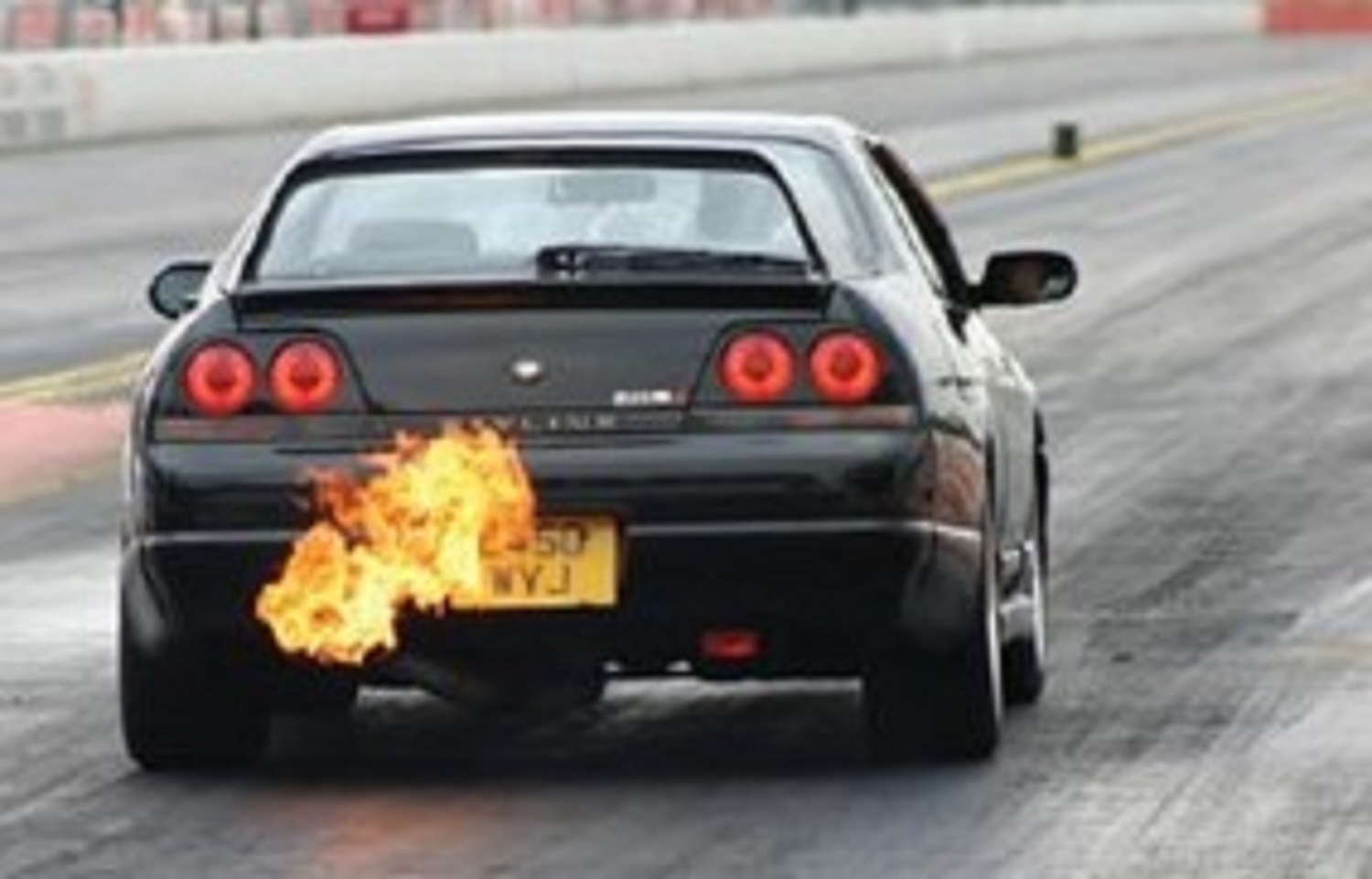 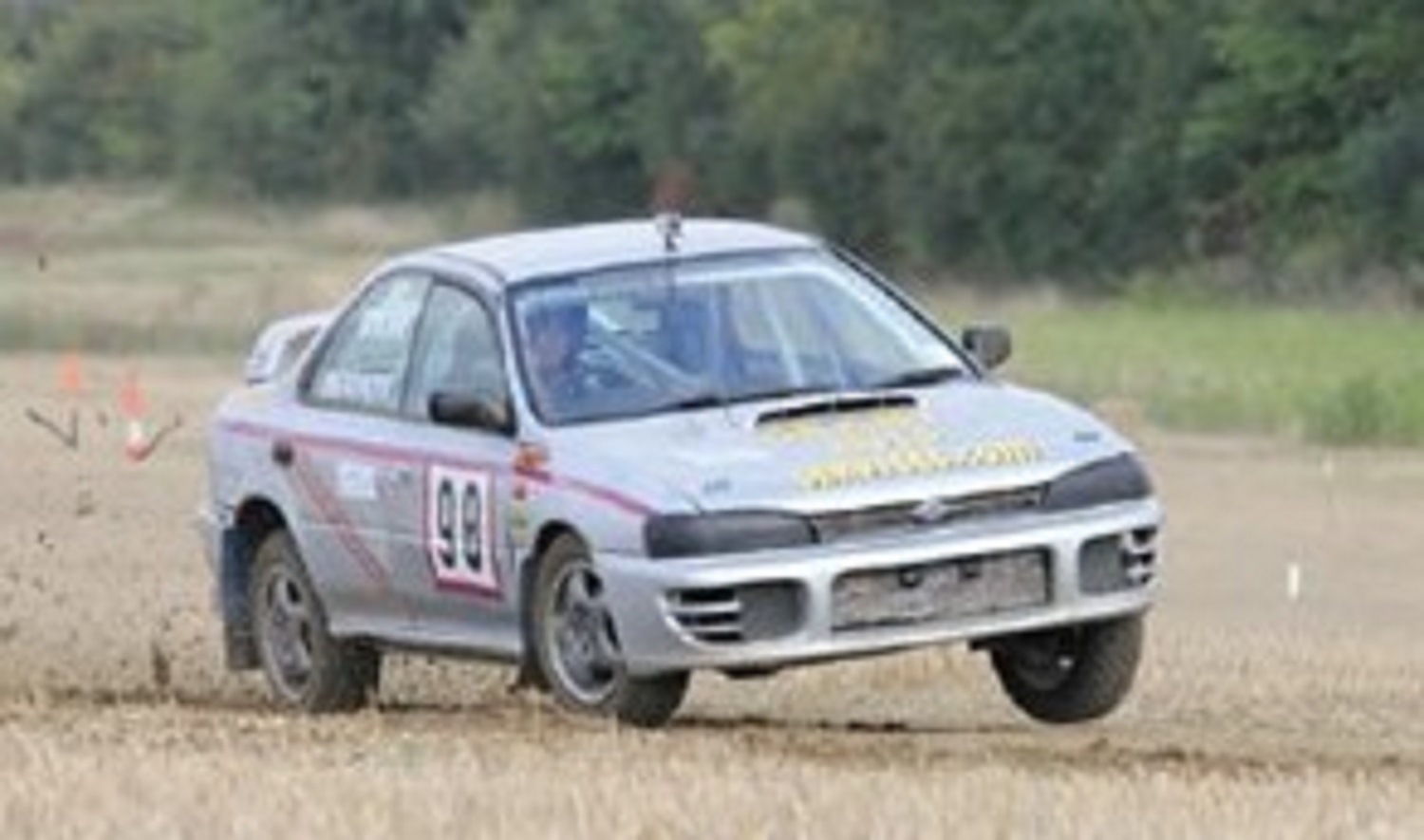 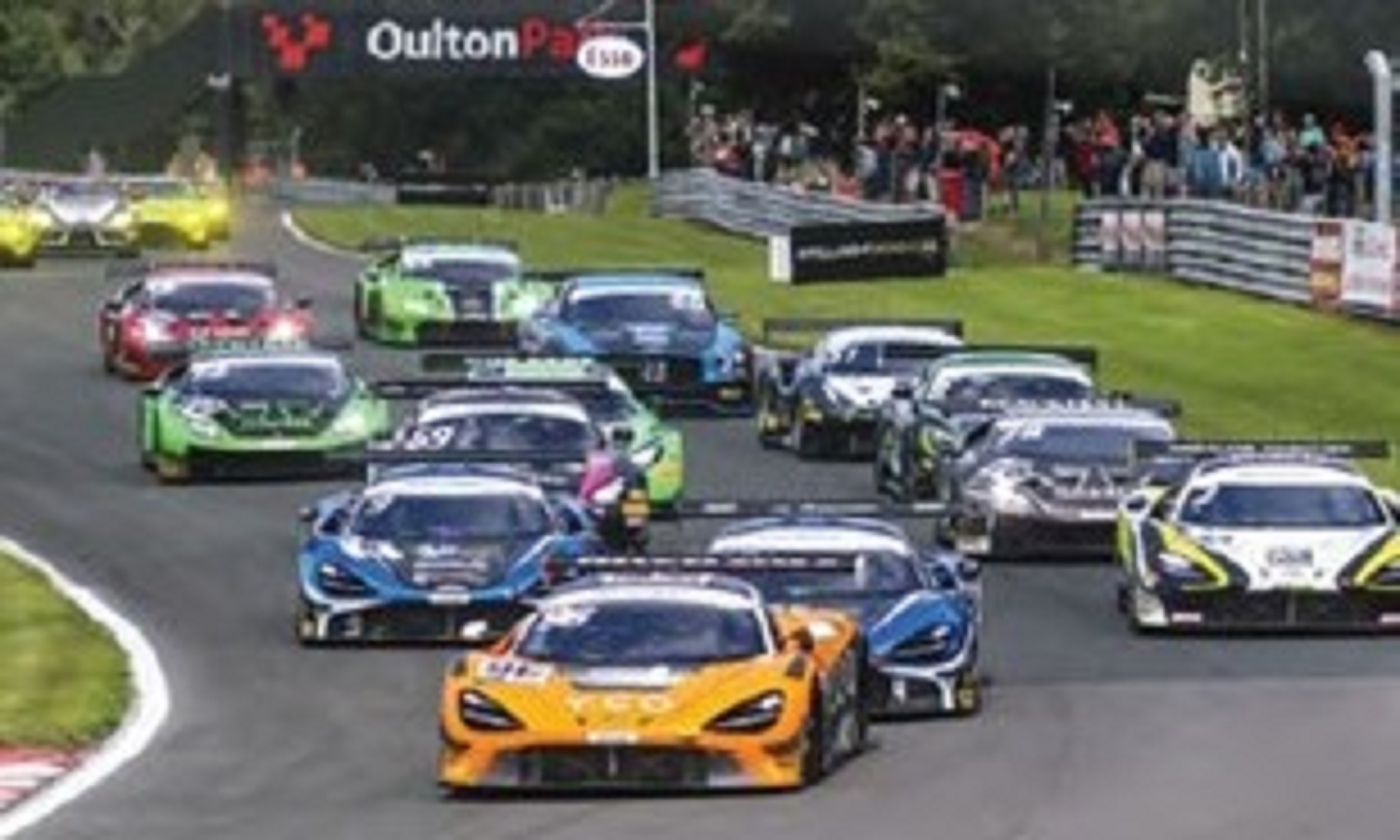
| |
|
WHAT CAR TO USE
As indicated above, many motor sport disciplines can be tackled in a standard road car. However, many competitors do carry out modifications, and for some disciplines there are safety features that must be added, whilst many competitor “tweak” their cars for extra power. But don’t forget to improve the brakes and suspension as well! The full regulations can be found in the Motorsport UK website which can be found on it's website www.motorsportuk.org (Resource Centre) but by far the best way to find out what you can and cannot do is to join your local club, speak to regular members and officials, go to events and speak to the competitors. | |
|
BULLET POINTS
* Go to events that interest you and do not be afraid to ask questions of the competitors and officials. * Seek out your local club, ask if they run the types of events you are interested in, join them and attend their events and social occasions. * Talk to competitors and ask questions. * Look at the Motorsport UK National Competition Regulations (NCRs) as those are the definitive regulations. * Marshal events to get an inside feel of what happens. * When ready to enter an event, obtain regulations and entry forms (online) and submit your entry. * Read all instructions the organisers send you. * If you are planning to enter a few events consider registering for the ANWCC Championships, we cater for all classes of car and competitor experience. * Go and enjoy the event, learn from your mistakes but try not to make big ones! | |
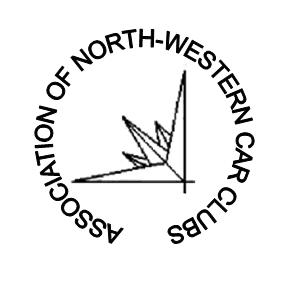
| If you have any questions that we can help with send a message to anwcc@talktalk.net and we can point you in the right direction for an answer! |